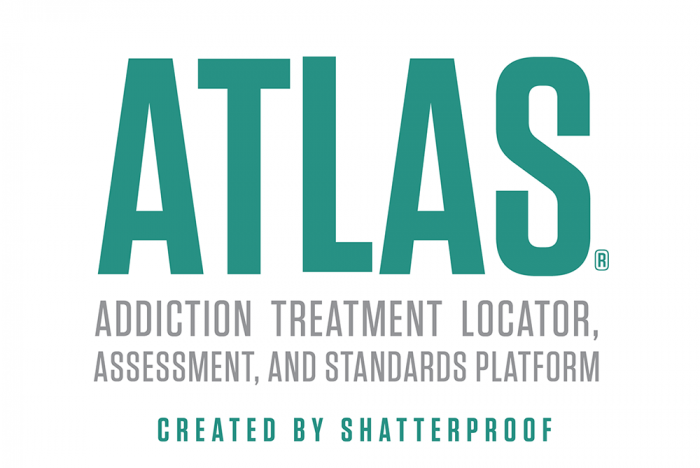On January 30, the Biden Administration announced that the COVID-19 national emergency and public health emergency (PHE) will both expire on Thursday, May 11, 2023. Under Act 30 of 2022, the Department of Drug and Alcohol Programs’ (DDAP) regulatory suspensions that are “related to federal exemptions granted under the federal public health emergency declaration” were extended until “the last day federal exemptions granted under the federal public health emergency declaration are authorized.” In other words, Act 30 aligned the timing for DDAP’s regulatory suspensions with the deadline for flexibilities granted by the Substance Abuse and Mental Health Services Administration (SAMHSA) and the Drug Enforcement Administration (DEA) — not with the deadline of the PHE itself.
Below is a description of each currently suspended regulation and what DDAP knows about efforts to make these changes permanent at the federal level.
Methadone Take-Home Supply
Current regulatory suspension: Under the federal PHE, SAMHSA is currently allowing up to 28 days of take-home medications for patients on stable dosages, as deemed appropriate by their physician. DDAP’s regulation 28 Pa. Code § 715.16(e) (prohibiting narcotic treatment programs [NTPs] from permitting a patient to receive more than a two-week take-home supply) is currently suspended under Act 30.
Expiration of the PHE: In November 2021, SAMHSA announced that the methadone take-home flexibilities will be extended for one year after the end of the PHE (now May 11, 2024). DDAP submitted its written concurrence with this exemption in February 2022. Furthermore, SAMHSA issued a notice of proposed rulemaking in December 2022 that proposes modifying regulations related to methadone take-home supply up to 28 days, among other changes.
Buprenorphine Telehealth
Current regulatory suspension: Under the federal PHE, SAMHSA and the DEA are currently allowing initial evaluations for a patient who will be treated with buprenorphine to be completed via telehealth. DDAP has two related regulations that are currently suspended under Act 30:
- 28 Pa. Code § 715.9(a)(4): Requires NTPs to make a face-to-face determination before admission to treatment for those clients who will receive medication to treat opioid use disorder (OUD).
- 28 Pa. Code § 715.6(d): Requires NTPs to have narcotic treatment physician services onsite.
Expiration of the PHE: In March 2022, the DEA announced that it is currently working to make its teleprescribing regulations permanent. In June 2022, SAMHSA announced to State Opioid Treatment Authorities that flexibilities around telehealth evaluations before buprenorphine treatment at NTPs, specifically, will be extended for one year after the end of the PHE (now May 11, 2024).
SAMHSA and DEA have made clear that support for these flexibilities has been overwhelmingly positive, decreased stigma associated with OUD, and enhanced care for patients. Given the information above, DDAP does not anticipate any lapses in these flexibilities at either the federal or state level but will continue to provide updates and guidance as available.
Resources
If you have any further questions, please contact the Bureau of Program Licensure at (717) 783-8675 or via email.














